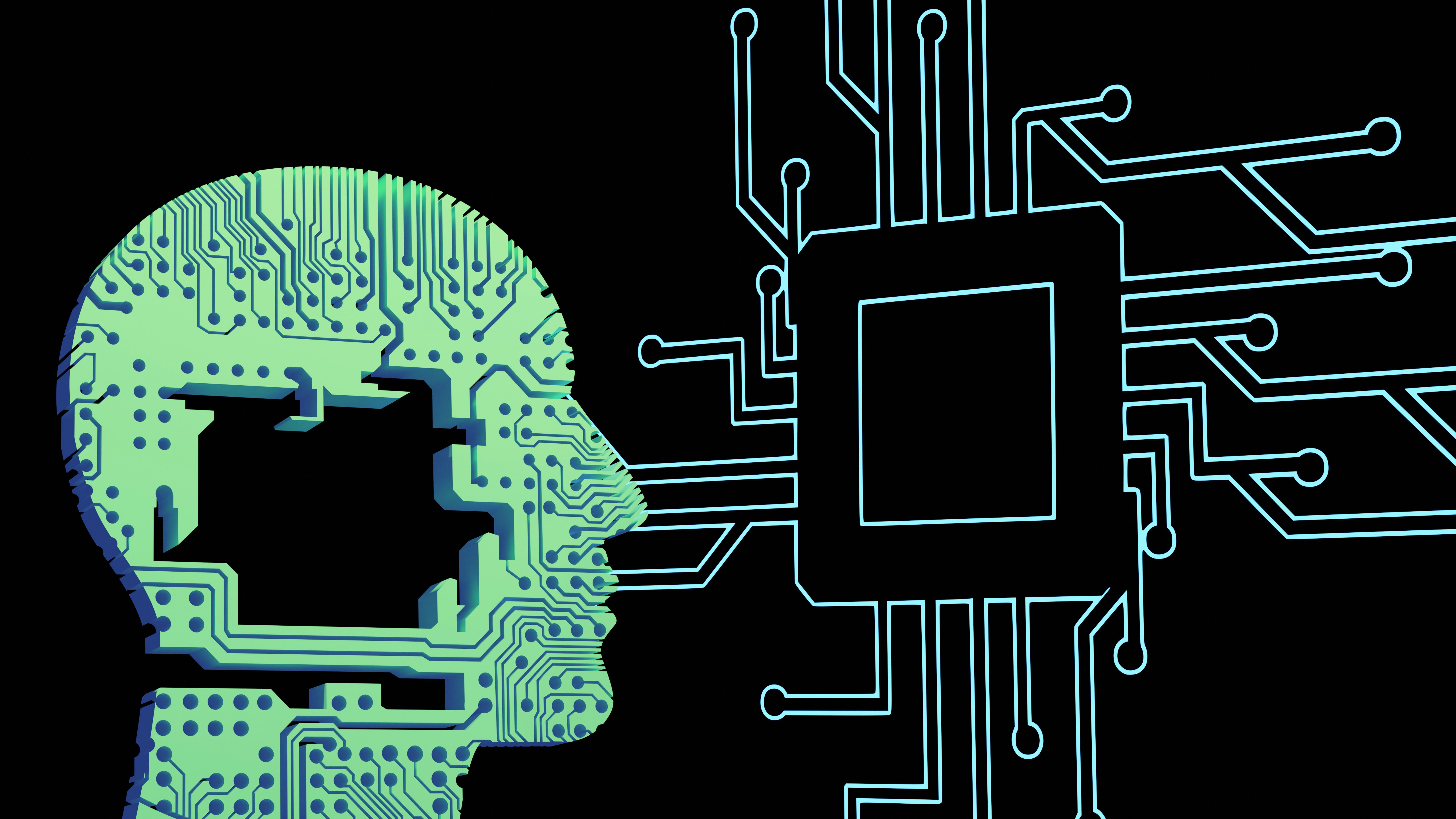Development of custom solutions
The development of custom solutions is the core expertise of NeuriaLabs.
The development of custom solutions is the core expertise of NeuriaLabs. We design intelligent systems specifically tailored to the operational, business, or strategic objectives of each client, whether it is a public organization, an industrial group, a technology company, or a specialized institution. Unlike generic and standard approaches, our methodology is based on bespoke engineering, rooted in a thorough analysis of real use cases, existing technical constraints, and the performance issues specific to each context.
We develop applications, software platforms, embedded tools, or specialized AI modules, integrating the most advanced technologies in the field of artificial intelligence: machine learning (supervised, unsupervised, reinforcement), natural language processing (NLP), computer vision, predictive modeling, generative engines (LLM, diffusion), or even hybrid AI (symbolic + neural).
These solutions are developed in close collaboration with the client’s internal teams, to ensure a perfect alignment with business objectives, existing systems, available resources, and scaling requirements.
Methodological Approach
Our approach is structured according to a rigorous sequence, combining technical excellence, operational agility, and algorithmic responsibility:
1. Identification and qualification of use cases
From workshops, audits, and business analyses, we identify the processes, flows, or decisions with high optimization potential through AI, prioritizing use cases based on their impact, feasibility, and strategic value.
2. Functional and technical specification
We accurately formalize the business expectations, performance criteria, regulatory requirements, and technical constraints. These elements serve as the basis for modeling the target architecture and defining the necessary datasets.
3. Algorithmic design
Our AI engineers design models best suited to the nature of the data and the objectives of the use case: convolutional neural networks, transformers, classification models, regression models, time series analysis, anomaly detection engines, etc.
4. Software development and integration
We ensure the complete development of interfaces, APIs, databases, processing pipelines, embedded AI modules, and security layers in scalable environments (Docker, microservices, cloud or hybrid architecture).
5. Training, validation, and production deployment
The models are trained on specific corpora, tested in a controlled environment, then gradually deployed in production, with continuous monitoring mechanisms (drift, data quality, bias, performance).
6. Documentation, skills transfer, and support
Each solution is thoroughly documented (code, APIs, logs, models, results) and accompanied by a skills transfer to internal teams, with the possibility for evolutionary maintenance and long-term support.
Types of Developed Solutions
The custom solutions developed by NeuriaLabs cover a wide range of industrial and strategic applications:
• Image and video recognition systems: object detection, automated visual inspection, biometric analysis, quality control in industrial environments.
• Semantic analysis applications: information extraction, document classification, case scoring, generation of summaries or responses in natural language.
• Prediction tools: predictive models of behaviors, sales, defects, failures, consumption, and trends in economic or environmental indicators.
• Anomaly and fraud detection modules: detection of suspicious transactions, logistic discrepancies, inconsistencies in accounting or administrative flows.
• Specialized virtual assistants: bots for processing complex requests, regulatory analysis, business decision support, or automated consulting.
• Platforms for processing sensitive data: AI tools applied to health, financial, legal, or strategic data, within a strict framework of compliance and security.
• Embedded intelligent systems: AI solutions integrated into connected objects, industrial equipment, or vehicles, with strong real-time and robustness constraints.
Commitments and Differentiators
• Fully custom approach, without dependence on third-party products or unmanaged external models.
• Complete mastery of the technological chain, from data collection to the final user interface.
• Native modularity and scalability, ensuring the evolution of solutions according to growing needs and data.
• Algorithmic transparency, model documentation, auditability of decisions, and adherence to AI ethics principles.
• Interoperability with existing information systems, minimizing integration costs and accelerating deployment.


